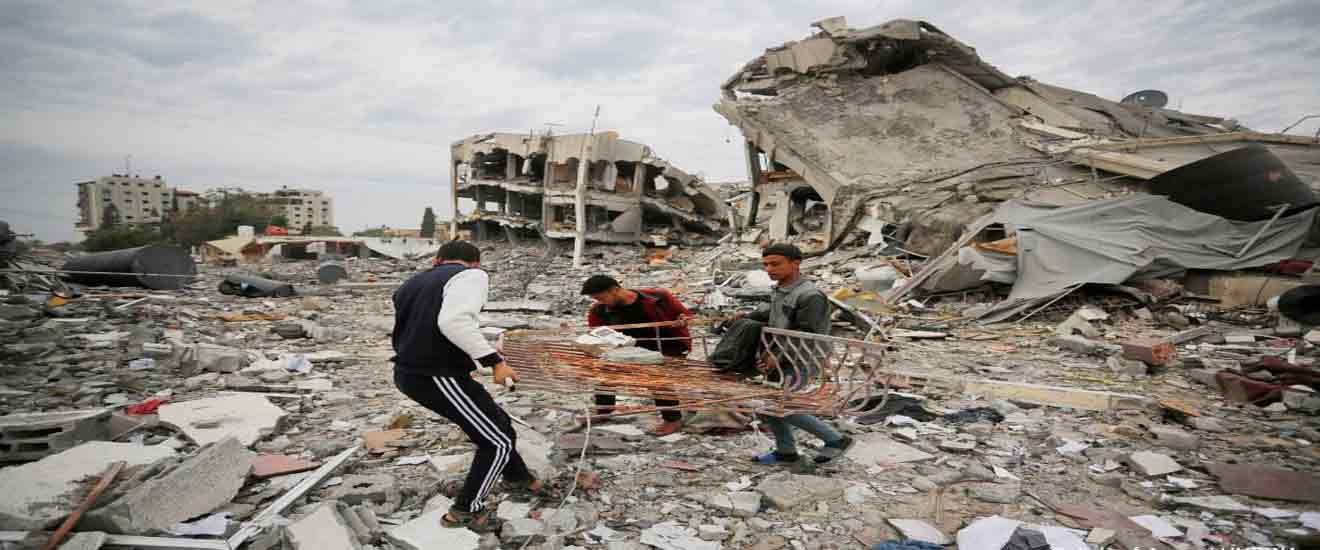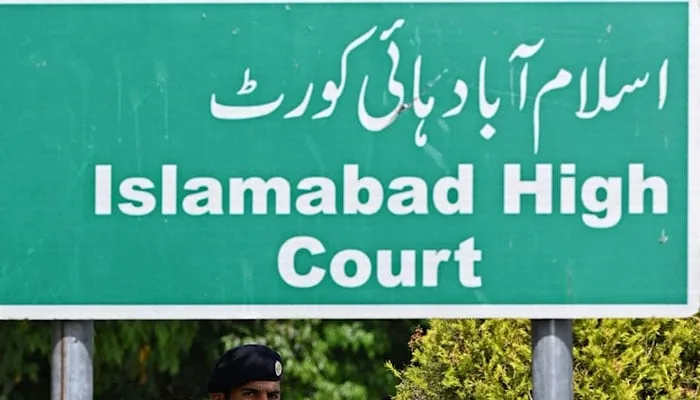The issue of Pakistan Afghanistan TTP relations has once again come under the spotlight after Islamabad formally warned Kabul to cut ties with the Tehreek-e-Taliban Pakistan (TTP). Pakistan has demanded that the Afghan Taliban fulfill their commitment to ensure Afghan soil is not used for terrorism. The message, delivered to the Afghan interim ambassador in Islamabad, makes it clear that failure to act against TTP will be treated as a “hostile” activity.
Pakistan’s Concerns on TTP Presence in Afghanistan
Over the past few months, Pakistan has witnessed a surge in terrorist incidents linked to TTP militants operating from Afghan soil. Pakistani authorities argue that the Taliban government in Kabul is not doing enough to dismantle the group. According to security analysts, Pakistan Afghanistan TTP relations remain strained because of the Taliban’s reluctance to take decisive action.
Islamabad conveyed its concerns through Additional Foreign Secretary Syed Ali Assad Gilani, who summoned Afghan interim ambassador Sardar Ahmed Shakib to the Foreign Office. The envoy was told that continued TTP activities would not be tolerated, especially since Pakistan believes that Indian intelligence agency RAW is providing financial and logistical support to these militants.
Diplomatic Engagement and High-Level Missions
In a parallel development, Special Assistant to the Prime Minister Muhammad Sadiq Khan returned from an unannounced mission to the UAE, where he discussed Afghanistan-related security issues. He is expected to lead a delegation to Kabul later this week to present Pakistan’s firm stance to the Taliban leadership.
The visit is significant because it reflects Islamabad’s determination to address the threat diplomatically before resorting to harsher measures. Sadiq Khan is expected to meet interim Afghan Foreign Minister Mulla Amir Muttaqi, where Pakistan Afghanistan TTP relations will dominate the agenda. The Pakistani delegation will present evidence of recent cross-border attacks and emphasize that Kabul’s inaction undermines bilateral trust.
The Broader Regional Security Context
Recent intelligence reports revealed that 18 terrorists were killed near Chahbahar in Iran, many of whom were linked to the Balochistan Liberation Army (BLA). Among them, 16 were Afghan nationals. This development highlights the growing concern that Afghanistan has become a safe haven not just for TTP but also for other regional militant networks.
Experts say this complicates Pakistan Afghanistan TTP relations, as Islamabad sees Kabul’s unwillingness to clamp down on militant groups as a threat to regional peace. According to the Pakistan Institute for Peace Studies (PIPS), terrorist incidents in Pakistan increased by over 70% in 2023 compared to previous years, with most attacks traced back to TTP fighters based in Afghanistan.
Pakistan’s Message to Kabul
Pakistan has made it clear that it will not tolerate TTP’s cross-border operations. By summoning the Afghan envoy, Islamabad has delivered a strong diplomatic warning. The message was unambiguous: either Kabul acts against TTP or risks deteriorating ties with Islamabad.
For years, the Taliban promised to prevent Afghan soil from being used against neighboring countries. However, Pakistan believes that promise remains unfulfilled. This has led to growing frustration and calls for tougher policies, including possible military action along the border if the situation does not improve.
Challenges in Eliminating TTP
The complexity of Pakistan Afghanistan TTP relations lies in the Taliban’s historical ties with the TTP. Many TTP fighters fought alongside the Afghan Taliban during the war against NATO forces. This shared past makes it difficult for Kabul to act decisively against the group. Moreover, the Taliban’s government is fragile and heavily dependent on internal unity, which could fracture if they confront TTP aggressively.
Pakistan, however, insists that terrorism cannot be tolerated under any circumstances. Analysts argue that the success of bilateral relations depends on whether Kabul is willing to prioritize regional peace over ideological ties.
Looking ahead, the fate of Pakistan Afghanistan TTP relations will hinge on the outcomes of the upcoming delegation visit to Kabul. If Pakistan’s demands are ignored, Islamabad may escalate pressure through international forums, increased border security measures, or even targeted operations.
For Afghanistan, addressing Pakistan’s concerns could improve trust and strengthen economic and diplomatic ties. Failure to do so, however, may isolate Kabul further at a time when it is already struggling for recognition and financial aid from the global community.
The future of Pakistan Afghanistan TTP relations remains uncertain as tensions rise over militant safe havens. Pakistan has drawn a clear line, demanding that Kabul eliminate TTP’s presence or face consequences. With terrorist incidents on the rise and regional stability at risk, the coming weeks will be critical in determining whether diplomacy can resolve the issue or whether confrontation becomes inevitable.



